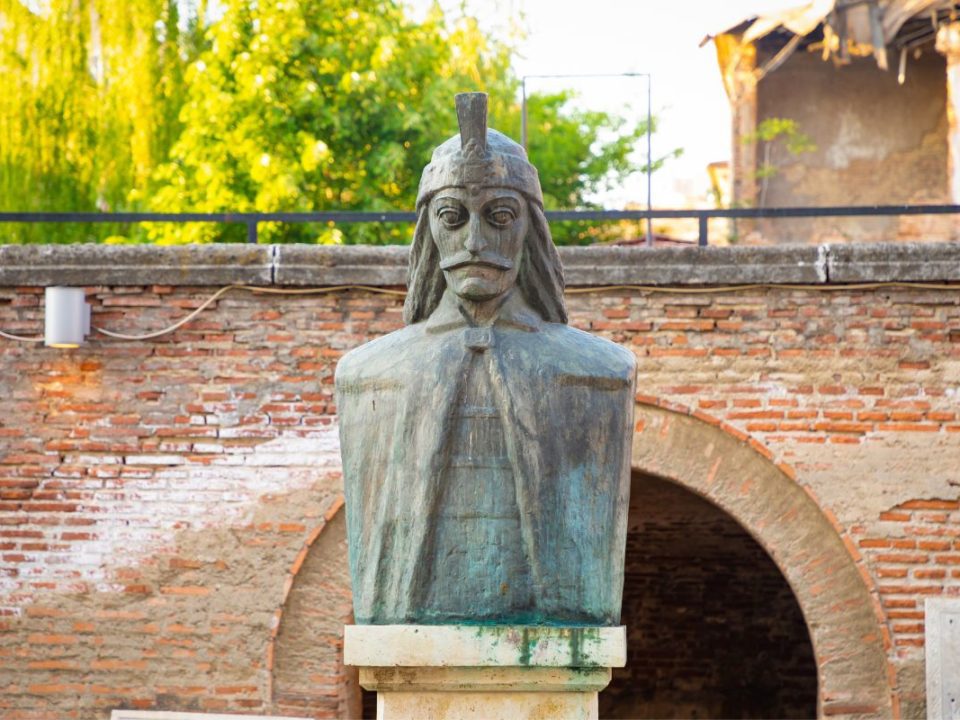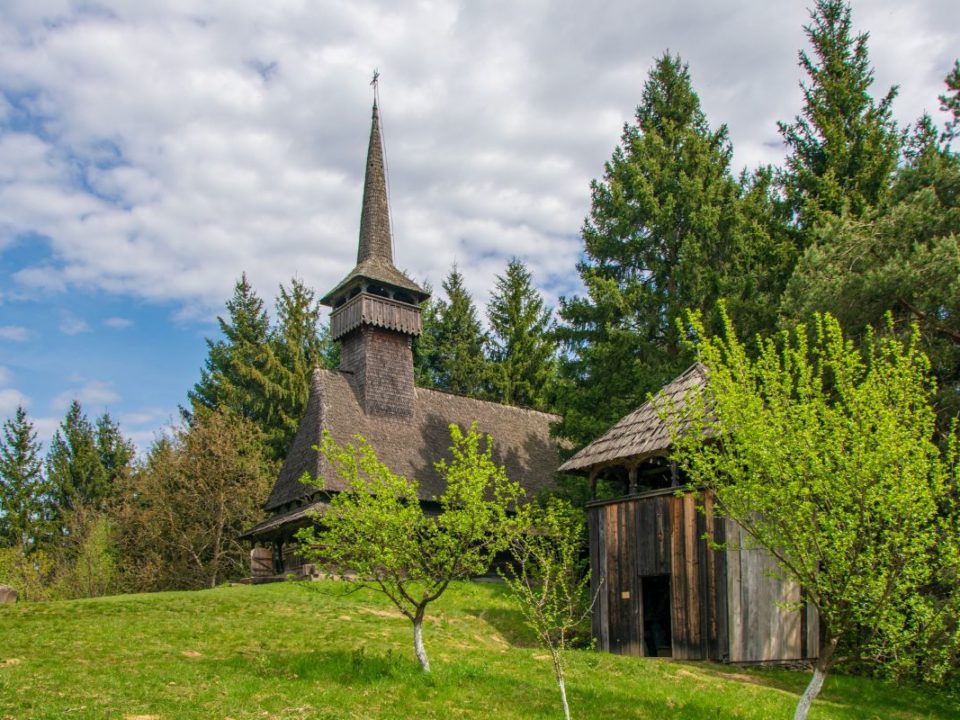Romanian Heritage
January 11, 2018
By Warren Singh-Bartlett Hero or villain? History is full of people who can be viewed as either, depending on your perspective. Take Vlad III, the Wallachian prince known in Romanian as Vlad Tepeș, or Vlad the Impaler. Bloody sobriquet aside, to the Romanians and the Bulgarians, Vlad III is a hero, credited for having kept the relentless Ottoman advance into […]
December 20, 2017
Built many centuries ago, wooden churches in Romania are still sacred spaces for prayer in some villages. The collection below is just a snapshot of a lengthier study of the history and art behind them. All the images below have been obtained from NOI Media Print. The images appear in the book entitled “Wooden Churches from Romania” by Ioan Godea.
September 29, 2016
In the rush of today’s world, many connections get lost with time due to drastic changes that follow, or are purely forgotten because the battle of tomorrow’s worries knocks at our doors. One of those connections which has not only been forgotten, but purposely severed as well, is the one between the Romanian individual and his horse. From immemorial times, […]
September 16, 2016
In a world where speed and technology is all we find around us, where the connection with the land beneath our feet seems to be more and more severed, many times making us look like walking zombies, there’s still someone who stands firm in his convictions and connection to the world around us: the Romanian peasant. “Eternity was born in […]
July 13, 2016
The first to mention the “Getae” or the “Dacians” was Herodotus, the “father of history”, in the fifth century BC. They belonged to the Thracian sphere of influence, but they clearly distinguished themselves by particularities of religion and custom. The Dacians were known as Geta (plural Getae) in Ancient Greek writings, and as Dacus (plural Daci) or Getae in Roman documents. The historian Strabo specified that the Daci are the Getae who lived […]




